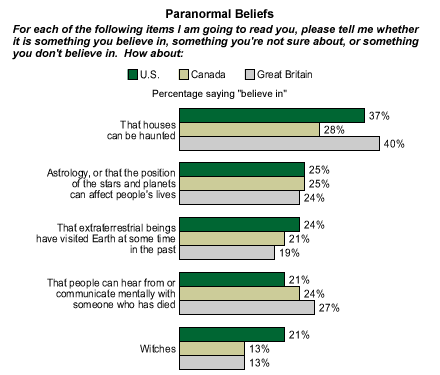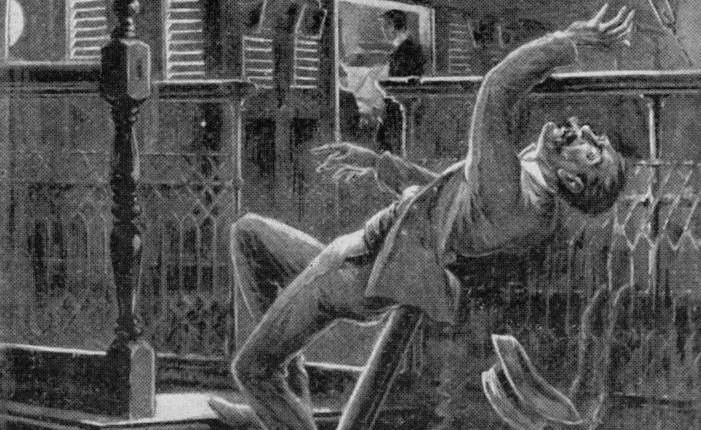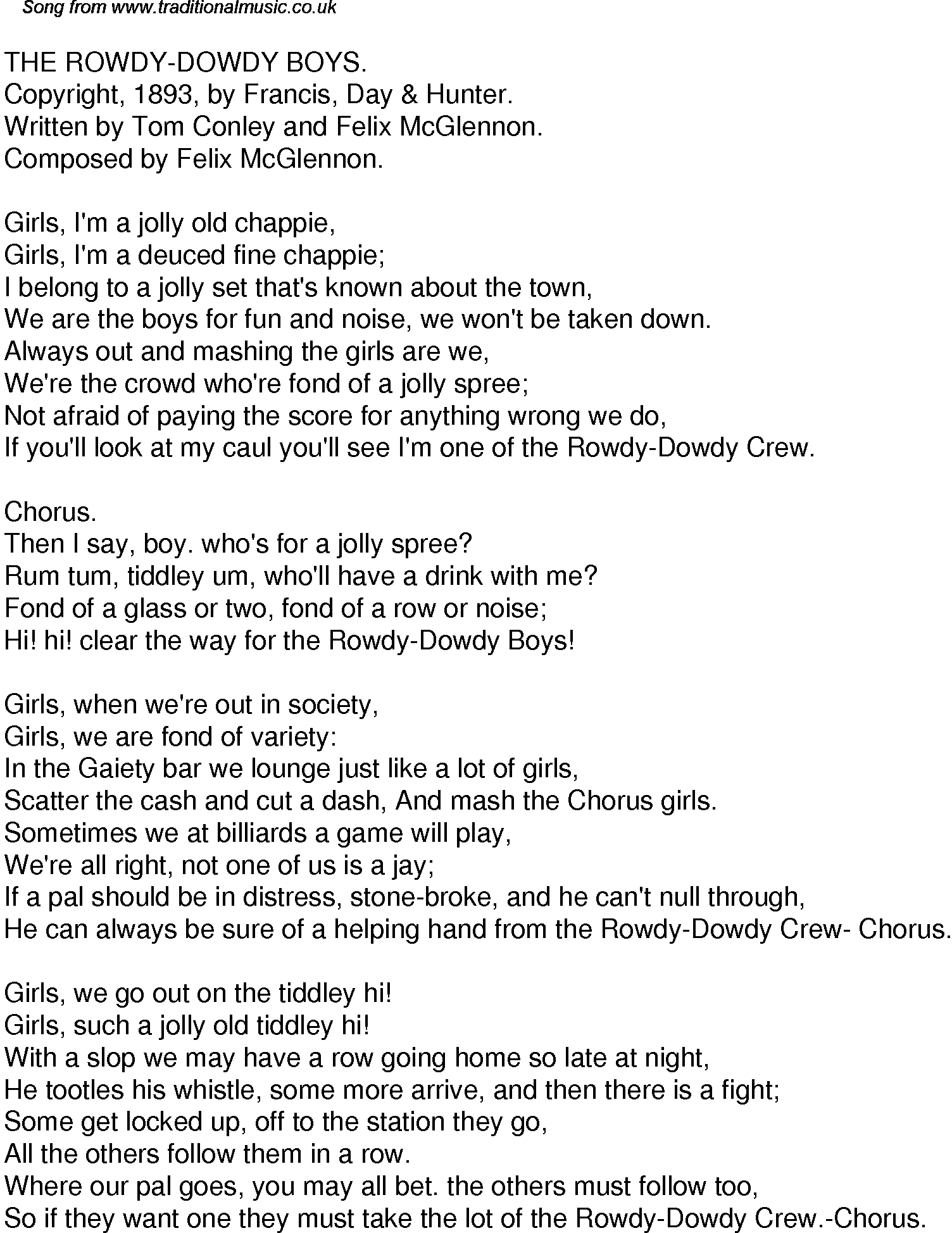Copyright 2021 by Gary L. Pullman
Note: This post assumes that you have seen the movie Final Girl (2015). If you have not, Wikipedia offers a fairly detailed, accurate summary of the plot.
What distinguishes the final girl of chillers and thrillers from other characters in such films. Which of her “evolved adaptations,” or traits, enables her to survive when many others in her situation and in similar environments have not?
The movie’s protagonist, Veronica, benefits from twelve years of martial arts training she receives from William, who takes her in after her parents die, when she is five years old, and from drug-induced hallucinations which result from the drugs William injects into her system so that she can experience her greatest fear, which turns out to be her dread of failing to accomplish her mission. As a result of William’s mentoring, Veronica learns both that she is a “special” person and how to fight.
She accepts a date with one of William’s targets, Shane, and Shane and his friends take her to a forest, where the seventeen-year-old boys hunt her, as they have hunted—and killed—other girls on previous occasions.
Source: regarder-films.net
Given a head start after tricking three of the four hunters into drinking whiskey laced with a hallucinogen, she dispatches the predators, one by one, as, thanks to the hallucinogen they have ingested, the boys face their greatest fears, just as Veronica had, years ago.
So, what makes Veronica the film’s final girl?
In his article “Evolution, Population Thinking and Essentialism,” Elliot Sober distinguishes between “adaptive traits” and “adaptations.” The human appendix, for example, is an adaptation that is no longer adaptive.
Sober also distinguishes between “phylogenetic adaptations” and “ontogenetic adaptations.” The former “arise over evolutionary time and impact the fitness of the organism,” whereas the latter are “any behavior we learn in our lifetimes, [which] can be adaptive to the extent that an organism benefits from them but they are not adaptations in the relevant sense.” Clearly, the martial arts skills that Veronica learns from William are ontogenetic adaptations. As is true in regard to many other claims, these assertions are controversial and have met with several criticisms.
In providing concrete examples for their points, evolutionary psychologists often refer to the morphological and physiological traits of animals, such as “clutch size (in birds), schooling (in fish), leaf arrangement, foraging strategies and all manner of traits.” This explanatory method can help us to see how Veronica’s fighting skills, her self-image as someone who is “special,” and her fear of failing at her mission promote her survival as a final girl.
As a World Atlas article points out, “Mimicry is an evolved resemblance in appearance or behavior between one organism and another.” Usually, a harmless animal mimics a predator to protect itself from the attack of other, lesser predators. For example, “non-venomous milk snakes appear brilliantly colored like venomous coral snakes [to] deter predators from approaching.” Veronica adopts this same strategy in reverse. A martial artist of the first rank, she is a dangerous predator, but she pretends to be simply a harmless, vulnerable teenage girl. Her attackers learn, too late, that they are the harmless snakes, as it were, and she is the deadly predator, a tactic she has learned from William.
e: pinterest.com
Veronica is also predatory in other ways. She uses her beauty and her sexuality to attract her victims, the way an orb-weaving spider lures its victims (bees in search of nectar) with “web decorations” and the “spiders' [own] bright body colorations.” Veronica’s beauty attracts the attention of Shane and his friends, and, like the beauty of the orb-weaving spider, prove their undoing. While her physical appearance is not a behavior, her use of it as a lure certainly qualifies as an ontogenetic adaptation, or trait, which she learns, again, from William.
Source: inaturalist.com
In giving her would-be victimizers whiskey laced with a hallucinogen, Veronica adapts a defense mechanism used by certain animals, making it an offense tactic. The “large granular glands on the neck and limbs” of the Sonoran desert toad (aka “psychedelic toad”) “secrete [a] thick, milky-white, neurotoxin venom called bufotenine,” which is a “potent hallucinogen.” Although this compound is often fatal in dogs, it can cause hallucinations in humans and, perhaps, in canines, since its symptoms in dogs include a “drunken gait” and “confusion.” Obviously, since William injected Veronica with a hallucinogenic substance so that she could feel what her enemies would experience when she gave them the same hallucinogen, her knowledge of its properties and use as a weapon result from his training and is, therefore, an ontogenetic adaptation.
Source: 7esl.com
The nature vs. nurture controversy is as important (and as controversial) to evolutionary psychology as it is to other disciplines. The question of “what matters more when it comes to personality, nature or nurture?” is important, although it may, ultimately, prove unanswerable. As both Backcountry and Final Girl suggest, we are products of both our genes and our surroundings, of our nature and our nurture.
Source: the-other-view.com
Veronica survives for the same reason as Jen: she is better adapted to her environment than the other characters. Her traits (self-esteem, ruthlessness, and duplicity), coupled with her deadly martial arts skills, make her, not her stalkers, the apex predator, just as her attacker’s traits (sexism, misogyny, perfidy) make them her prey.
Next post:Evolution, psychology, and The Exorcist












.jpg%2F1279px-Bosch%252C_Hieronymus_-_The_Garden_of_Earthly_Delights%252C_right_panel_-_Detail_knife_right_(mid-right).jpg&f=1&nofb=1)





.jpg/170px-Francisco_de_Goya%2C_Saturno_devorando_a_su_hijo_(1819-1823).jpg)



























